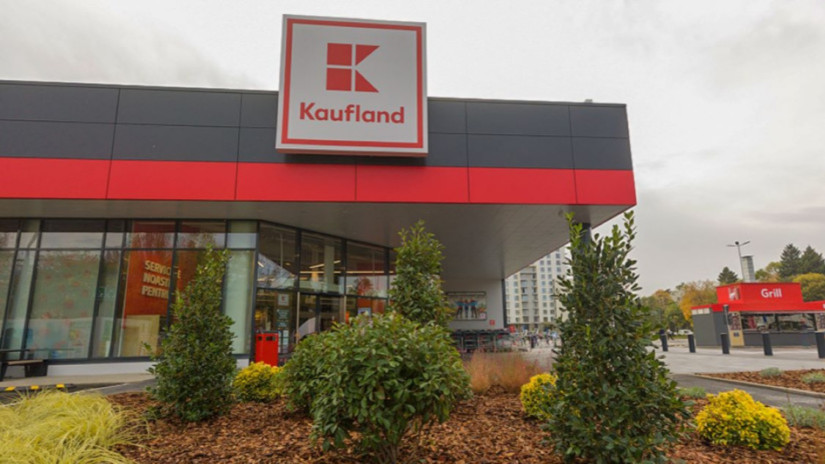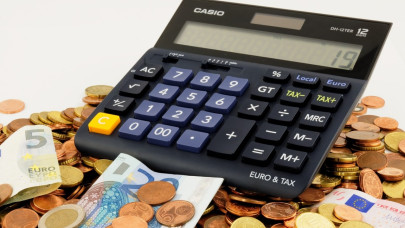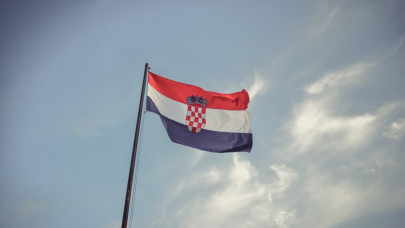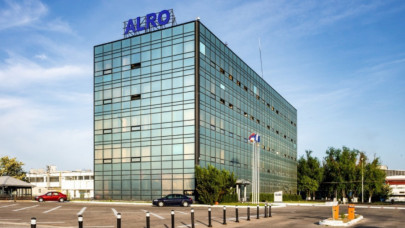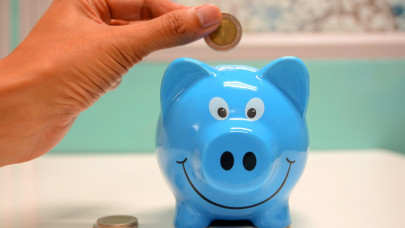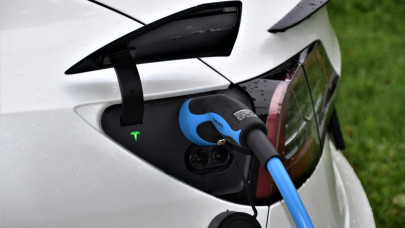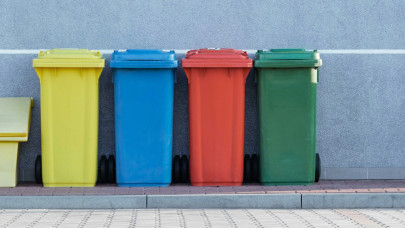It attests that in 2023, Kaufland Romania reduced its carbon footprint by 1,457 tons, avoided the production of over 117,000 kg of operational waste, and saved approximately 1,250,000 dm³ of wood resources.
With these results, the company continues its sustainable actions to reduce its impact on the environment, with concrete measures and processes transitioning towards a circular economy, aiming to have one of the most sustainable supply chains.
The performances were made possible with the help of CHEP services, which offer blue pallets for product transportation, in a pooling system built on circular economy principles. The use of CHEP blue pallets instead of classic white pallets translates into resource optimization and a reduction in pollution and waste, out of concern for the environment.
For this certificate, calculations were made using the RDC IS014044 methodology, following the European Life Cycle Assessment study, by comparing the sustainable model of reusing CHEP pallets through rental. Life Cycle Assessment is a method for evaluating a product's environmental impact throughout its lifecycle.
Constant investments in sustainability actions and projects, reflected in annual sustainability reports, have earned the company the title of "Most Transparent and Performant Company in Sustainability" in the Romanian retail sector for the sixth consecutive year in 2023, according to the CST Index.
Kaufland consistently invests in actions to protect the environment and is committed to supporting and contributing to the achievement of the 17 Sustainable Development Goals (SDGs) launched by the United Nations (UN), including Life on Land, Climate Action, and Responsible Consumption and Production.

